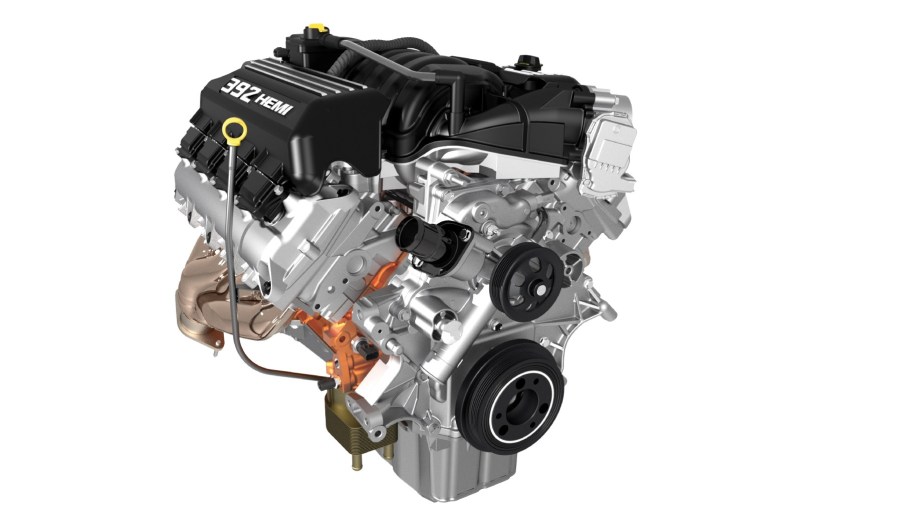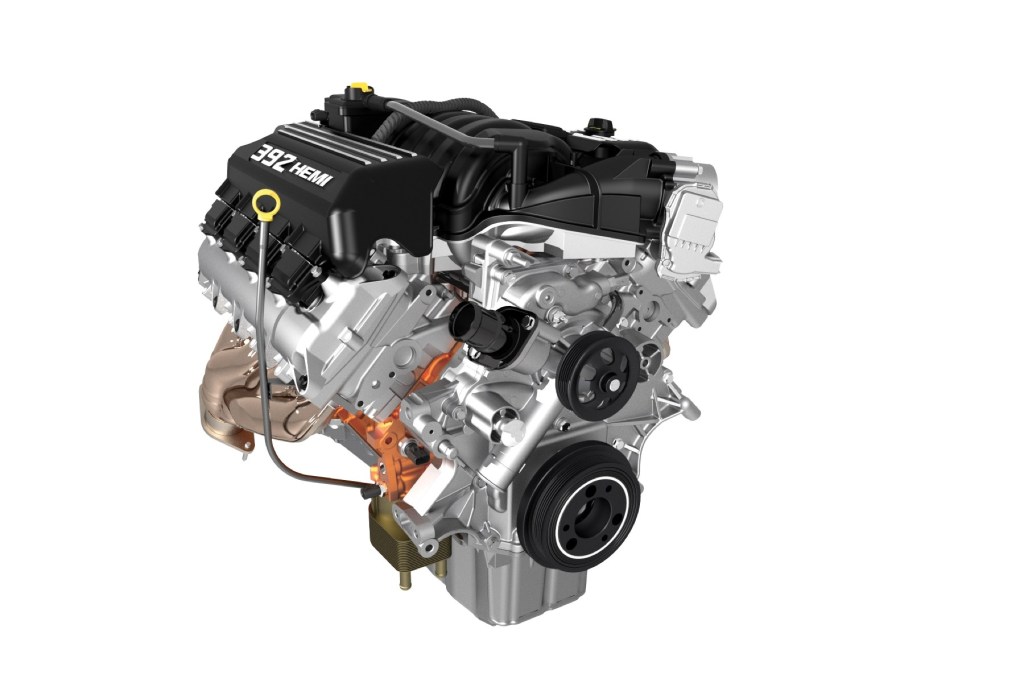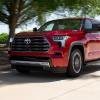
V8 or Turbo V6: Which Is the Best SUV Engine?
Engines still matter for SUVs. Even though manufacturers emphasize features and technology, full-size SUV shoppers still have to decide among models that use either a traditional V8 or a more modern turbocharged V6 engine. It can be a tough choice, with both engine types offering distinct advantages.
Manufacturers are split on whether to use hybrid V6s or traditional V8s in larger SUVs

Brands are going in two directions regarding SUV powertrains. While some stick to tried-and-true V8 engines for their larger SUVs, others attempt to move forward with smaller, turbocharged V6s.
On one end, companies like General Motors and Stellantis have kept making larger SUVs with big, powerful, thirsty V8s. Conversely, brands like Ford and Toyota have steered away from V8s in favor of forced-induction six-cylinder engines. The industry has yet to reach a consensus on which option is better.
Advantages and disadvantages of V8 engines
The V8 engine has long been a favorite for larger SUVs due to its reputation for power and durability.
For decades, manufacturers have placed V8s into popular SUVs. Famous nameplates like the Jeep Grand Cherokee, Chevy Suburban, and Toyota Land Cruiser have all used V8 variants. They tend to make more power than smaller engines, and manufacturers detune them to help promote long-term reliability.
Many V8 engine designs have been around for decades, only adding to their reputations for durability. For example, U.S. News and World Report rated the Lexus GX as one of the most reliable SUVs of 2023. The GX has used the same 4.6-liter V8 engine for over a decade.
Also, most V8 engines sound fantastic.
The most significant drawback of the V8 engine is fuel efficiency. Most V8 SUVs are lucky to get fuel economy in the mid-teens.
Are turbo V6 engines the best for SUVs?
Turbocharged V6 engines have been slowly displacing V8 engines in larger SUV models.
This mostly has to do with fuel economy standards. Smaller displacement engines like V6s are typically more fuel efficient than V8s. Adding turbochargers to V6 engines helps to bridge the power gap to V8s while maintaining superior fuel economy. New SUVs with turbo V6 engines can usually achieve nearly 20 mpg highway – significantly better than many V8-powered SUVs.
Turbo V6 engines aren’t short on power, either. Ford’s EcoBoost V6s are known to make more than 400 horsepower in specific configurations. Plus, forced induction engines perform better at higher elevations by moving denser air into the combustion process.
Unfortunately, while EPA fuel economy ratings are higher, real-world efficiency numbers for turbo V6 engines aren’t consistent. It depends mainly on how you drive them. Taking it easy on the throttle can yield better efficiency than a V8. However, driving with a heavy foot and staying in the boost range can quickly deteriorate fuel economy.
There’s also the reliability factor. Turbocharged engines typically have reputations for being less durable than naturally aspirated powertrains. These modern turbocharged V6 engines haven’t gone through the decades of development and refinement that V8 designs have endured. They may end up being just as reliable, but it’s still unknown for now.
What’s the best engine for a full-size SUV?
One can make a case for either traditional V8s or modern turbo V6s as the best SUV engines. If you’re looking for long-term durability and stout performance, a V8 SUV might be the right pick. On the other hand, a turbo V6 SUV is likely a better fit for those who prioritize efficiency. Either way, you’ll get plenty of power under the hood of your new SUV.


